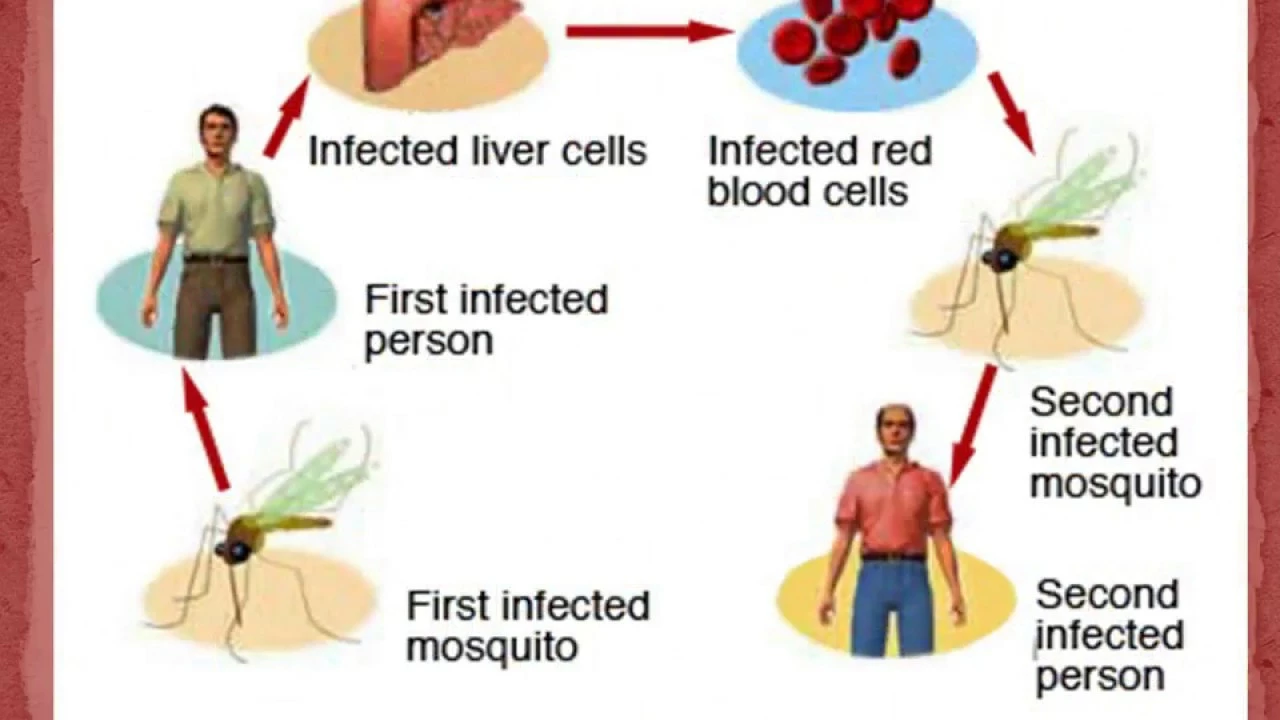Insecticides: What They Are, How They Work, and Staying Safe
If you’ve ever sprayed a garden or tackled ants at home, you’ve used an insecticide. These chemicals kill bugs fast, but they can also affect people and pets if we’re not careful. Below, I’ll break down the basics of insecticides, common health worries, and practical steps to keep yourself safe while still getting rid of pests.
How Insecticides Work and Why They Matter
Insecticides come in many forms—sprays, powders, baits, even electronic traps that release a tiny dose. Most target the nervous system of insects, stopping them from moving or reproducing. That’s great for protecting crops or your kitchen, but the same chemicals can sometimes irritate skin, eyes, or lungs when they’re misused.
Two main groups dominate the market: organophosphates (like chlorpyrifos) and pyrethroids (such as permethrin). Organophosphates are potent and have been linked to nerve problems in workers who handle them a lot. Pyrethroids are considered milder for humans but can still cause itching or breathing issues if you inhale the spray mist.
Practical Safety Tips You Can Start Using Today
First, always read the label. It tells you how much to apply, where it’s safe to use, and what protective gear you need. If the label says wear gloves or a mask, don’t skip them—those simple steps cut exposure by over 80%.
Second, ventilate your space. Open windows or work outside whenever possible. Spraying indoors without airflow traps chemicals in the air, increasing the chance of inhaling them.Third, store products out of reach of kids and pets. A locked cabinet or high shelf works best. Even a tiny spill can become a hazard if a curious dog licks it.
Finally, clean up promptly. Use soap and water for spills on hard surfaces, and wash any clothing that got splashed right away. The longer residue sits, the higher the risk of skin absorption.
If you’re looking for less‑chemical options, consider natural alternatives like diatomaceous earth, neem oil, or even essential oil mixes (peppermint and citrus work well against ants). These aren’t as fast‑acting as synthetic insecticides, but they lower health risks and are safer around kids.
Remember, the goal isn’t to avoid all pest control—just to manage it wisely. By following label instructions, using protective gear, ventilating, and cleaning up, you can keep your home bug‑free without compromising your health. Stay informed, stay protected, and enjoy a pest‑less space with peace of mind.

The Role of Insecticides in Malaria Control
As a blogger, I've recently been researching the role of insecticides in malaria control. I've discovered that insecticides play a crucial role in reducing the transmission of malaria, mainly through the use of insecticide-treated bed nets and indoor residual spraying. These methods help to repel and kill the mosquitoes responsible for spreading the disease. However, the overuse of insecticides can lead to resistance in mosquito populations, making it crucial to use them responsibly and explore alternative methods of malaria control. Overall, insecticides are a vital tool in the global fight against malaria, but they must be used wisely to ensure their long-term effectiveness.
April 30 2023